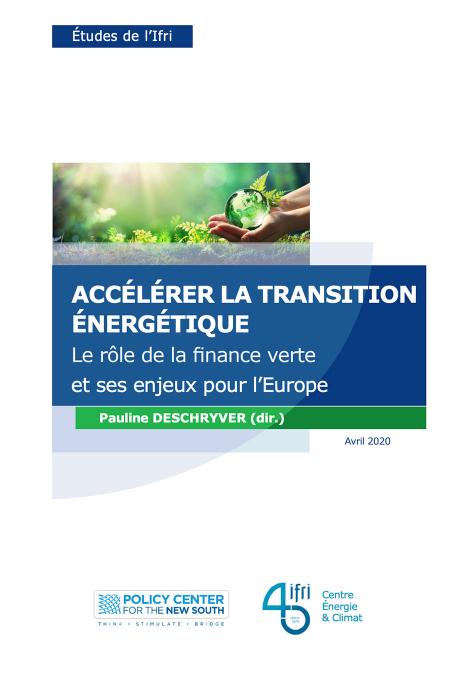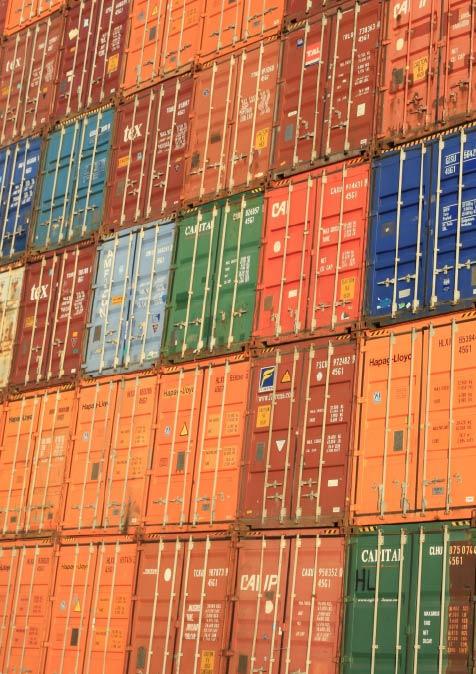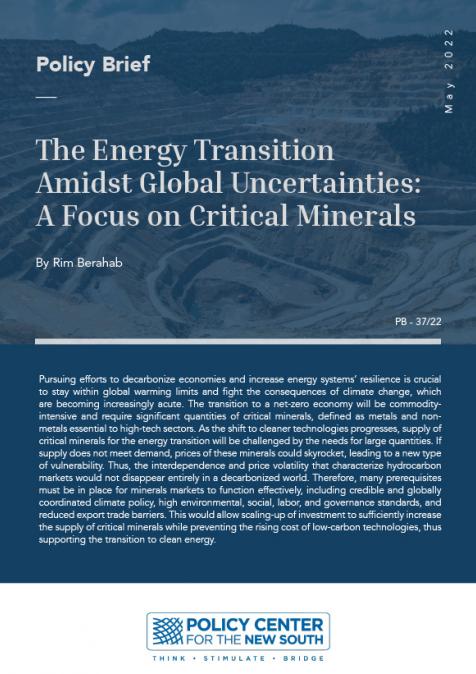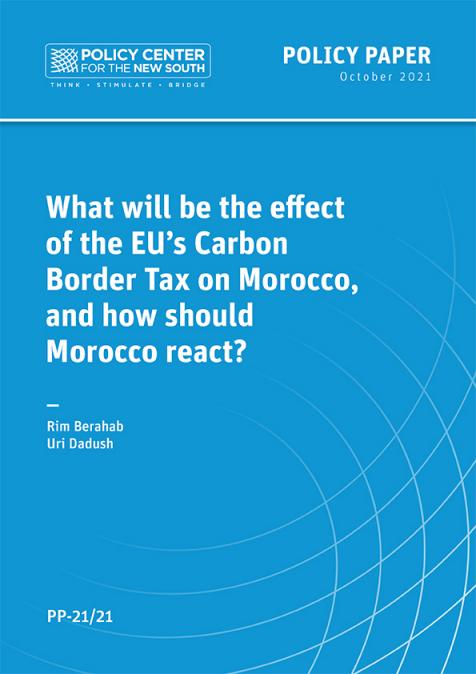Publications /
Policy Paper
La finance verte est un champ en plein développement depuis l’accord de Paris, qui se situe à la croisée d’enjeux financiers, socioéconomiques et environnementaux. Elle est de nature hybride : opérant avec des outils financiers, elle se concentre sur les questions environnementales, tout en appartenant au champ plus large de la finance dite « durable », qui adopte une approche élargie avec l’inclusion d’enjeux socioéconomiques et de gouvernance. Elle possède une capacité catalytique pour permettre et accélérer la transition vers une économie bas-carbone et se matérialise par une palette d’instruments qui se multiplient. Des obligations aux indices verts, en passant par les prêts verts, et par la mobilisation de capitaux en expansion, le secteur grandit quantitativement et qualitativement. À elles seules, les émissions de dette dite « verte » ont été multipliées par cinq en près de trois ans pour atteindre 257 milliards de dollars ($) en 2019, soulignant la force d’innovation et d’attraction à l’œuvre.








